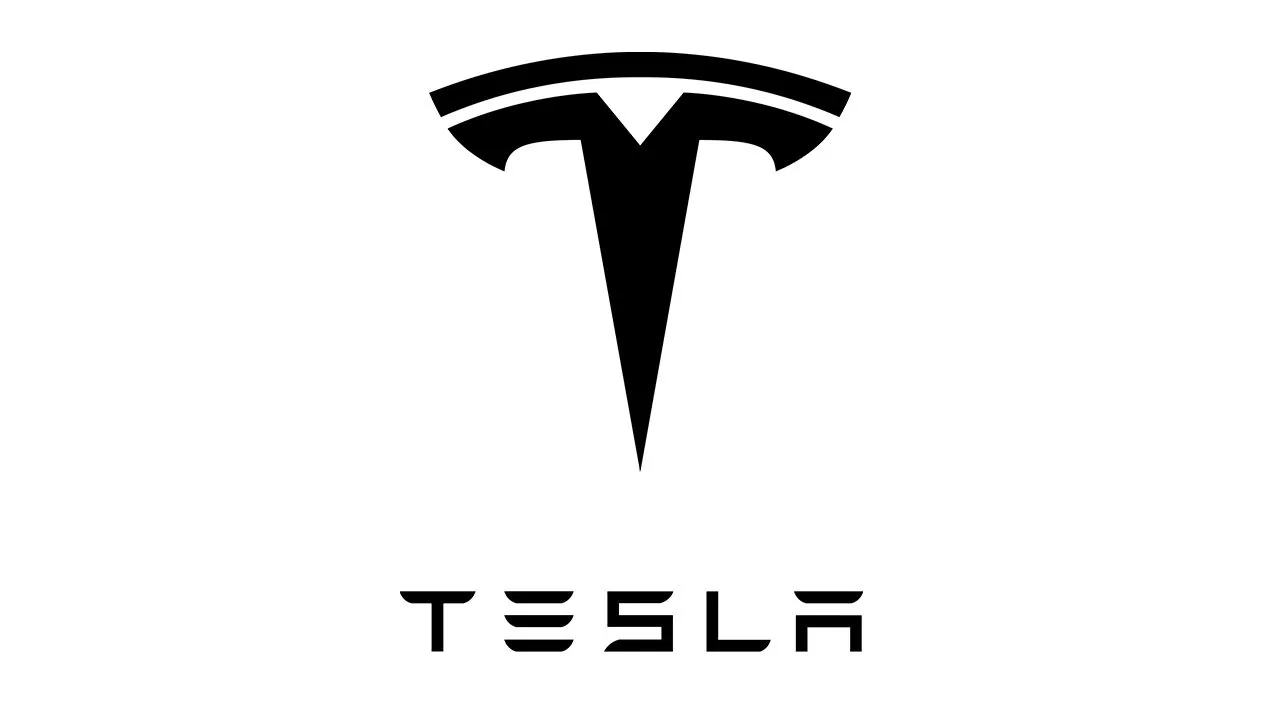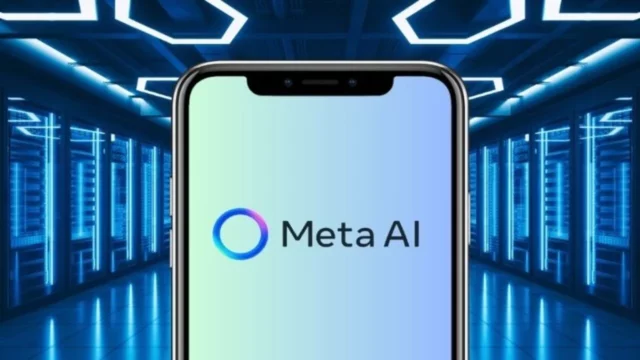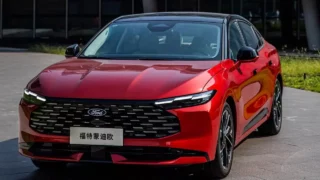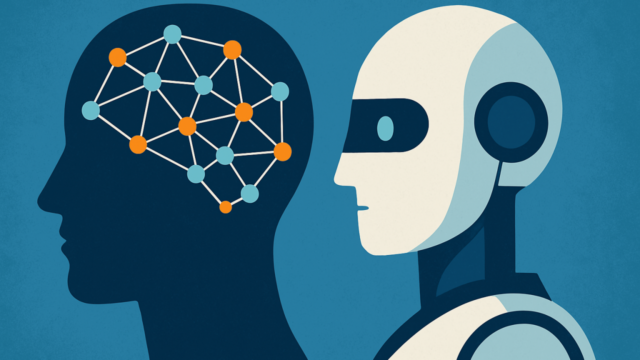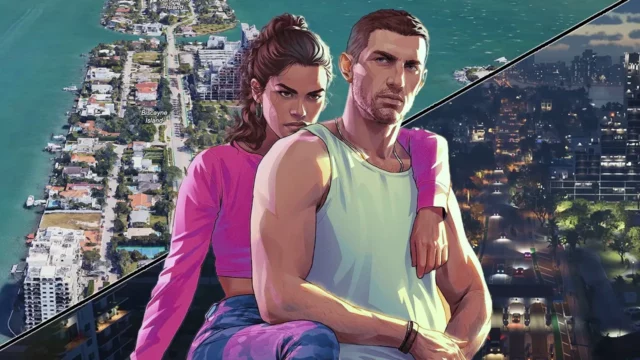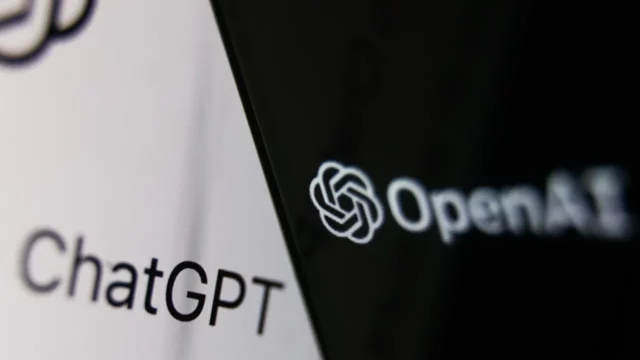Tesla is challenging a federal jury verdict that held it partly responsible for a 2019 fatal crash involving its Autopilot driver-assistance system. The company has asked a Florida court to dismiss the ruling, order a retrial, or slash the $243 million in damages awarded to the victims.
Tesla disputes role of Autopilot in deadly accident
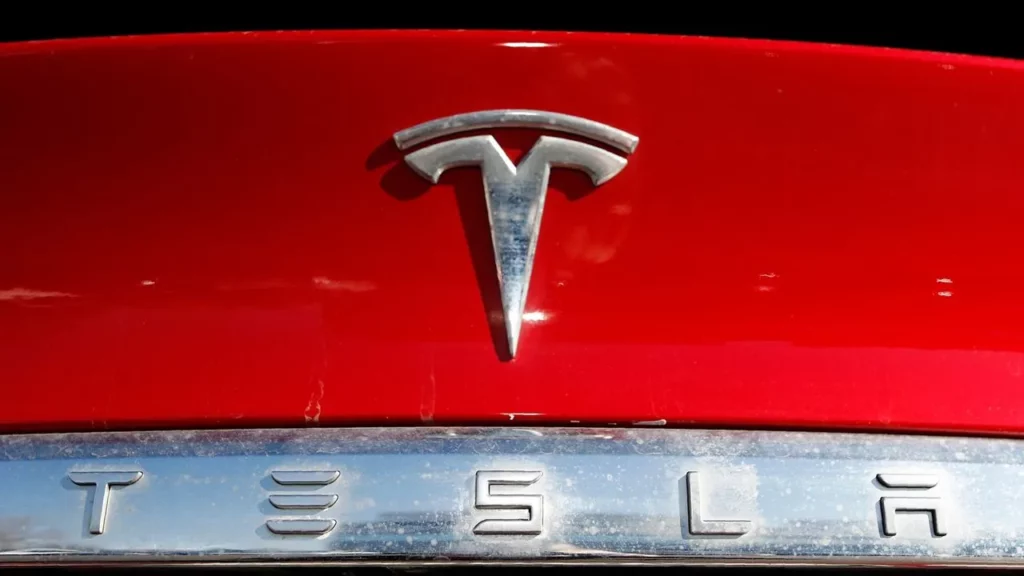
The case centers on driver George McGee, who struck two pedestrians after dropping his phone at an intersection while driving a Model S. Neither he nor the Autopilot system braked in time. The collision killed 22-year-old Naibel Benavides Leon and left her boyfriend, Dillon Angulo, with lifelong injuries.
Lawyers for the victims argued that Autopilot’s failure to intervene contributed to the tragedy and that Tesla misrepresented the system’s capabilities. Tesla countered that McGee was solely at fault for losing control and insisted that automakers are not responsible for reckless driving.
Tesla’s appeal against damages
The jury awarded $329 million in damages $129 million compensatory and $200 million punitive. Tesla said the punishment defied “common sense” and accused the victims’ lawyers of overwhelming jurors with irrelevant evidence, including remarks by Elon Musk.
Tesla’s attorneys argued punitive damages require proof of “egregious wrongdoing,” which they say was not established. They also asked the court to significantly reduce or discard the penalty.
Victims’ lawyers defend the verdict
Brett Schreiber, representing the families, said the verdict recognized “shared responsibility” and reflected Tesla’s misrepresentations about Autopilot. He called the appeal “another example of Tesla and Musk’s disregard for the human cost of their defective technology.”
First federal Autopilot jury trial
This Florida case marked the first federal jury trial on Autopilot’s role in a fatal crash. Previous cases have been settled or decided differently:
- In 2018, Tesla settled a lawsuit after an Apple engineer was killed in a Model X crash.
- In 2023, a California jury found Tesla not at fault in a separate Autopilot-related death.
McGee has since reached a private settlement with the victims. Still, Tesla’s appeal may set a precedent for how courts handle future fatal crash cases tied to Autopilot.
For the brand, the outcome could determine not only financial liability but also public trust in its self-driving technology.


